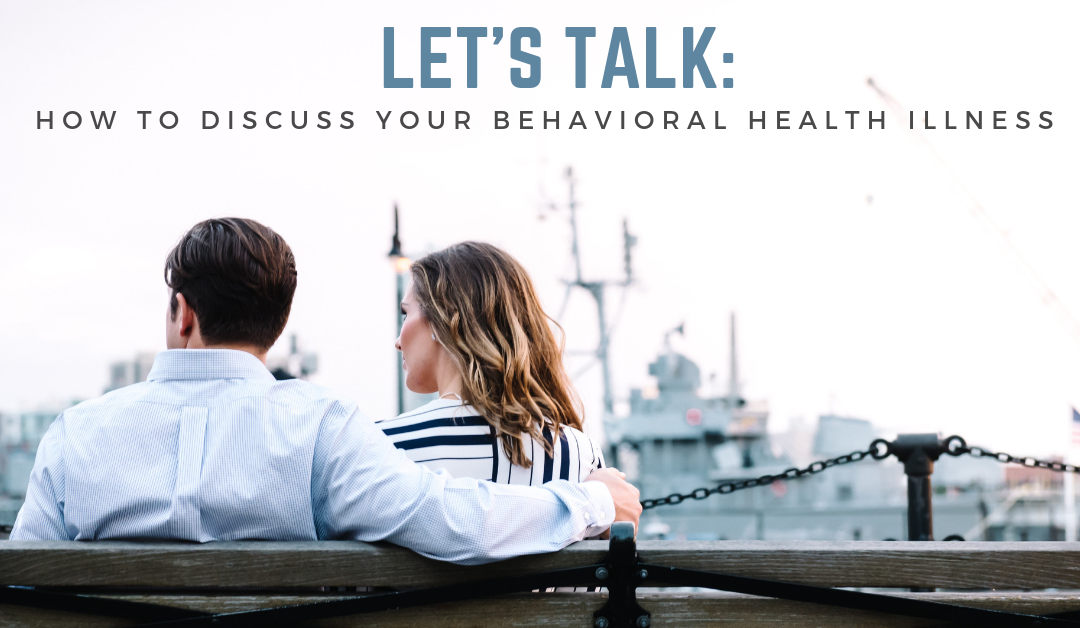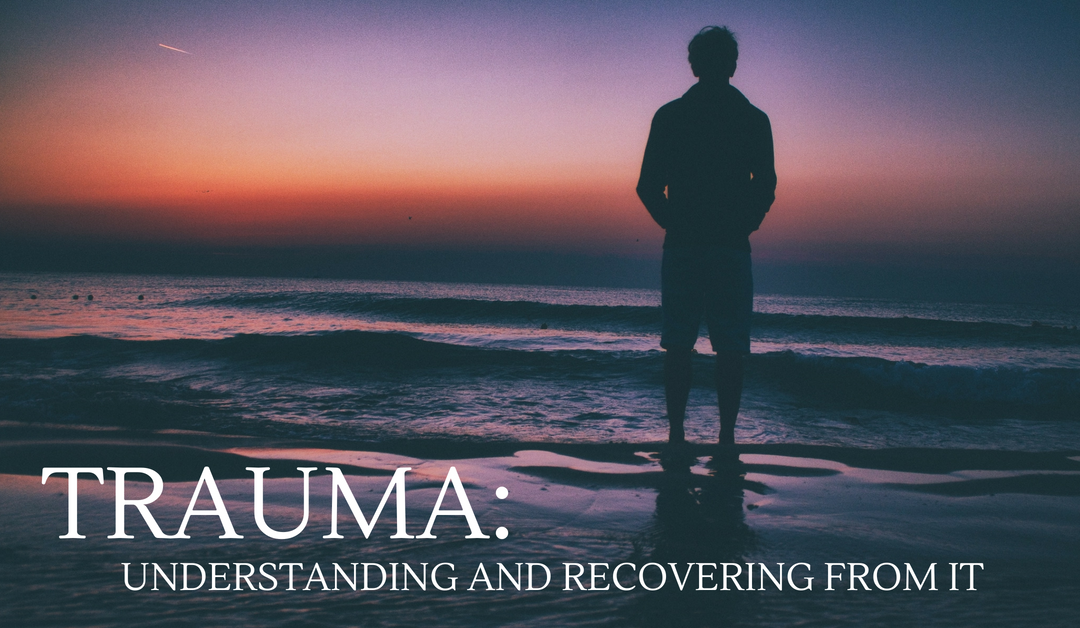
by Sara Hart | Dec 3, 2018 | Blog
The impending stress of the holiday season can bring about a mix of emotions, especially to those dealing with mental health challenges. We all could benefit from reminders about how valuable we are. Sometimes, we have to be the one to give that reminder. Always remember that you have the right to feel good about who you are, and there are steps you can take to feel better about yourself. Below, we offer tips on how to boost your own self-esteem this holiday season.
Think positive thoughts
One of the first steps in changing the way we feel is changing the way we think. Replace negative thoughts with positive ones and say them out loud or in your head with full confidence. Give yourself a reminder that you are enough, and make it a daily task to mentally accept both your strengths and your flaws. You might not feel immediate results, and that’s OK. Slowly and gradually, positive self-talk will begin improving your quality of life.
Do unto others
Once you start telling yourself you matter, let others know they matter! Showing kindness and compassion to others is rewarding. Make time to volunteer, spend time helping your family or simply …

by Sara Hart | Oct 5, 2018 | Blog
You’ve been diagnosed with a behavioral health illness. What do you tell people? How do you share? Who do you tell?
You may have mixed emotions over these questions, and that’s perfectly fine. Know that being scared is normal, and anticipating how friends, family, coworkers etc. will react to your diagnosis is natural.
The decision to openly talk about your diagnosis is a personal one, and you don’t have to share until you’re ready. Do realize, however, that you may never be 100 percent ready. Think about it – are we ever 100 percent ready to do anything that’s difficult in life? But, stepping out of your comfort zone, knowing you have people who are there for you and facing your fears head-on, will likely help you move forward in your journey toward recovery.
Below, we offer some advice to keep in mind when preparing to discuss a mental health diagnosis.
It’s just an illness.
It’s plain and simple. You live with it just like any other person with an illness – diabetes, for example – lives with it. And, just like any other illness, it can be managed and treated once identified.
Most people just need to be educated.…

by Sara Hart | Aug 30, 2018 | Blog
Whether you’re a college freshman who’s independent for the first time or a college senior who’s tasked with landing a job upon graduation, students of all ages deal with a lot of change, which can often be stressful and scary.
It’s true that your college years can be some of the best years of your life. But, we won’t sugar coat it – life in college can definitely be hectic, demanding and intimidating for some. The good news is you’re not the only one feeling this way. Experiencing anxiety over major life changes is normal. Some levels of stress can actually be a good thing, as the right kind of stress can lead us toward positive change and growth. However, stress and anxiety become a problem and a health risk for students when they exist for an extended period of time and seem impossible to control.
Whether it’s social or academic pressures, it’s important to seek resolutions from healthy outlets instead of harmful ones – such as drugs and alcohol. There are several resources available on campus to help you cope with and manage student stress. If you feel you need further guidance and support, these resources can connect you …

by Sara Hart | Jun 22, 2018 | Blog
Trauma can come from various life instances, and the recovery process can look different for different people. For some, it takes a period of time to heal from trauma. For others, seeking professional treatment is necessary for recovery.
Everyday situations might trigger flashbacks, which may lead to feelings of anger, fear, anxiety, guilt or numbness. Coping skills and grounding techniques are used to work through past traumatic experiences, especially when a painful flashback from the event resurfaces.
Below, we offer tips on how you can begin taking steps towards recovering from a traumatic event.
Meditation
Meditation and mindfulness techniques can help you overcome the side effects from trauma. When first learning how to meditate, try using a guided meditation app. One such app is Insight Timer. Insight Timer offers free, guided meditations, meditation music and group discussion options.
Deep breathing
Increased respiration is one of your body’s fight-or-flight responses. During a moment of panic, focus on breathing in deeply through your nose and out through your mouth. Pay close attention to how your body reacts when talking or thinking about the traumatic event and identify coping skills that make your mind and body feel calm. Commonly used coping …




